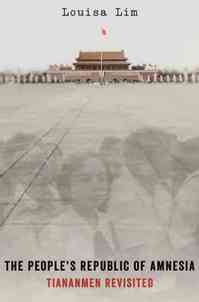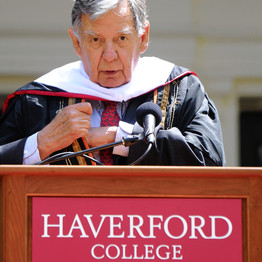(p. A11) The author remains generally optimistic about India’s prospects. Economic reforms that began in 1991 have quickened growth. On average, GDP has grown nearly 7% a year since then. Thanks to a media revolution that began in the 1990s and has exploded over the past decade, a state-owned monopoly over television news has given way to upward of 450 raucous channels that make Fox News look staid by comparison. The author argues that together these two trends have sparked a kind of virtuous cycle: Better-educated and better-fed Indians are demanding more from their politicians. A take-no-prisoners media will keep them on their toes.
. . .
Educated Indians can’t stop complaining about the politicians who lead them. Yet, echoing the historian Ramachandra Guha, Mr. Denyer argues that India’s main success since its independence in 1947 has been political rather than economic. It has strengthened its democratic institutions and nurtured religious and cultural pluralism. Despite the fact that the average Indian earned $1,500 last year, less than a fourth of the average Chinese, it is in New Delhi, not Beijing, that you can afford to call the president (or prime minister) a blithering idiot without worrying about a midnight knock on the door.
For the full review, see:
SADANAND DHUME. “BOOKSHELF; Book Review: ‘Rogue Elephant’ by Simon Denyer; The average Indian earns less than the average Chinese. But it’s in New Delhi–not Beijing–where you can call the prime minister an idiot without worrying about a knock on the door.” The Wall Street Journal (Mon., July 28, 2014): A11.
(Note: ellipsis added.)
(Note: the online version of the review has the date July 27, 2014, and has the title “BOOKSHELF; Book Review: ‘Rogue Elephant’ by Simon Denyer; The average Indian earns less than the average Chinese. But it’s in New Delhi–not Beijing–where you can call the prime minister an idiot without worrying about a knock on the door.”)
The book being reviewed is:
Denyer, Simon. Rogue Elephant: Harnessing the Power of India’s Unruly Democracy. New York: Bloomsbury Press, 2014.



